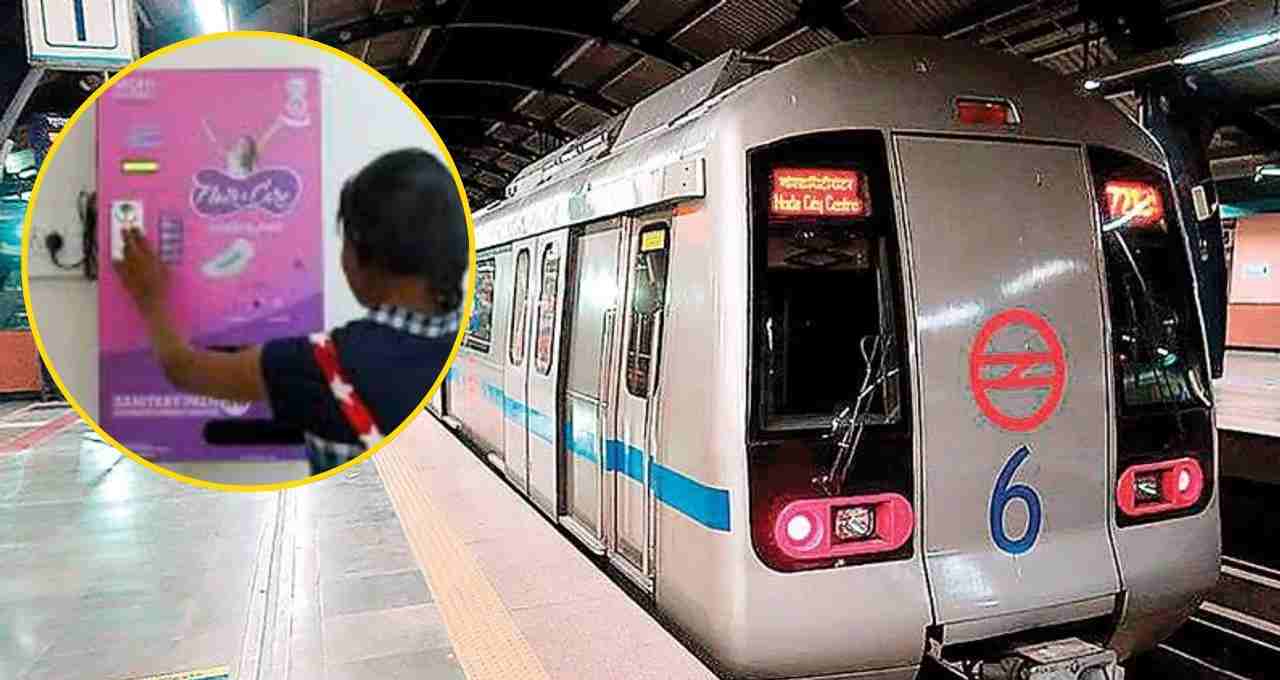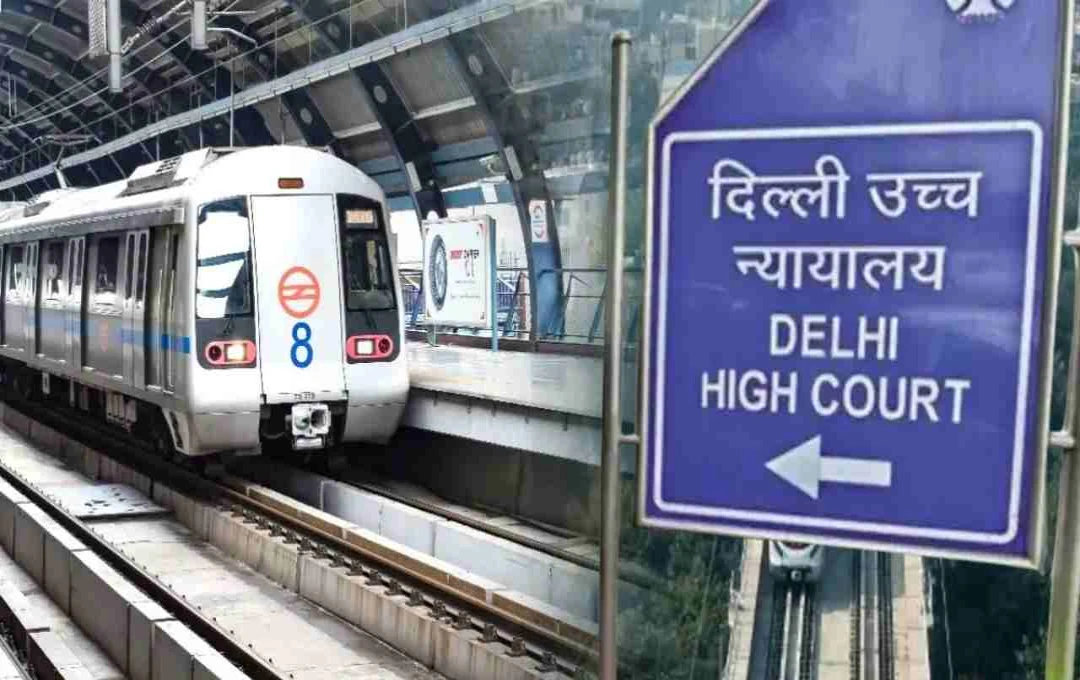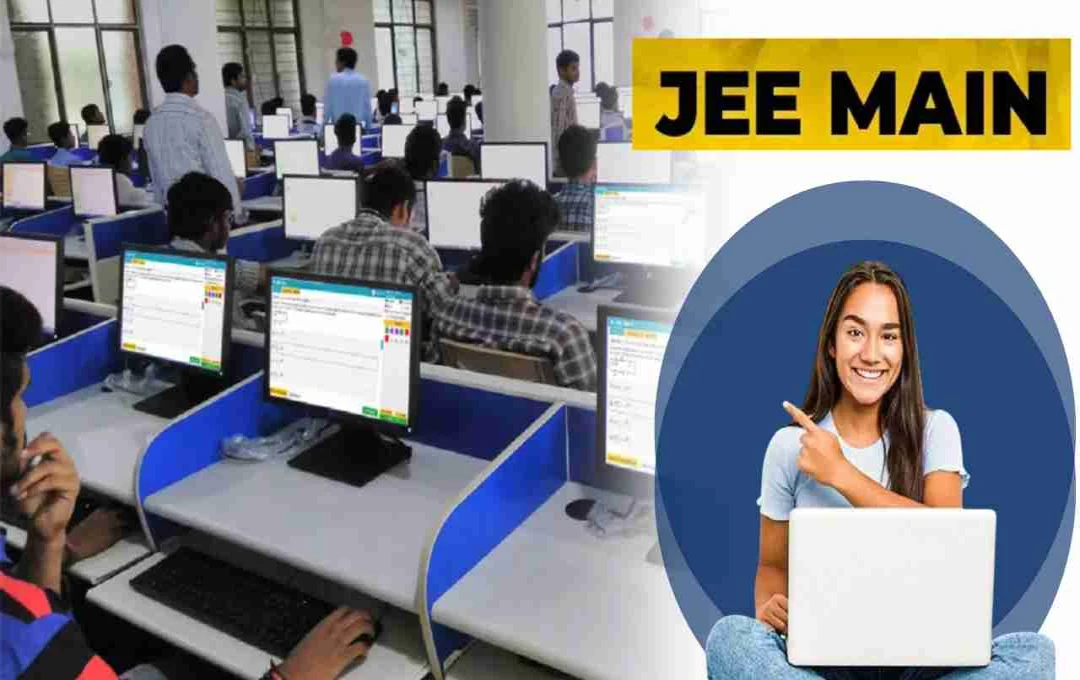The Delhi High Court has issued a notice to the Delhi Metro Rail Corporation (DMRC) regarding the lack of sanitary vending machines and disposal units for women at Delhi Metro stations.
Delhi Metro: The Delhi High Court has issued a notice to the Delhi Metro Rail Corporation and other parties in interest on a Public Interest Litigation (PIL) concerning the lack of sanitary vending machines and disposal units for women at Delhi Metro stations, seeking their response. A bench comprising Chief Justice D. K. Upadhyaya and Justice Tushar Rao Gedela stated during the hearing that the issues raised in the petition are extremely serious, as women are facing severe difficulties due to the absence of sanitary vending machines in the toilets at metro stations.
The court has requested a detailed report from DMRC within two weeks, specifying the number of stations where machines are installed and how many of them are functional. The next hearing is scheduled for September 24, 2025.
High Court's Displeasure During the Hearing
The High Court bench, consisting of Chief Justice D. K. Upadhyaya and Justice Tushar Rao Gedela, expressed its displeasure during the hearing regarding DMRC's vague response concerning the lack of machines. The court stated that this issue is critical for women's convenience and public health. The High Court questioned DMRC about who maintains and operates the toilet facilities when metro stations are constructed.

The DMRC's counsel initially claimed that their primary task is the operation and planning of the transportation system. The court responded sharply, stating: "If the toilets are your responsibility, then why are you saying that your responsibility is limited only to train operations?"
Petitioner's Claim
The petitioner informed the court that out of the total 286 Delhi Metro stations, sanitary vending machines are available at only 40 stations. Among these, only 6-7 machines are functional, causing significant inconvenience to women. The petitioner states that despite the installation of machines at several stations, their operation or maintenance is not being properly managed, causing women to struggle for essential facilities in the toilets.
During the hearing, the DMRC's counsel requested time from the court to file a response. Their argument was that the metro's primary function is transport operation, and gathering complete information about the status of the machines would take time. The High Court gave clear instructions to DMRC to file a detailed report within two weeks on the status of all stations and the working condition of the machines.
Concern Over Lack of Facilities for Women
The High Court also stated in this matter that the safety and convenience of women should be paramount in public transport and essential facilities like the metro. The court reminded DMRC that the maintenance of toilets and sanitary machines also falls under their responsibility, and is not limited only to train operations. Experts say that this step is extremely important from the point of view of women's convenience and health safety. This will not only increase the safety of metro users, but will also ensure the convenience and respect of women in public places.
The next hearing will be on September 24, 2025. By then, DMRC will have to submit this report to the court. The court has clarified that providing details of the working condition and maintenance of the machines at all stations will be mandatory.















